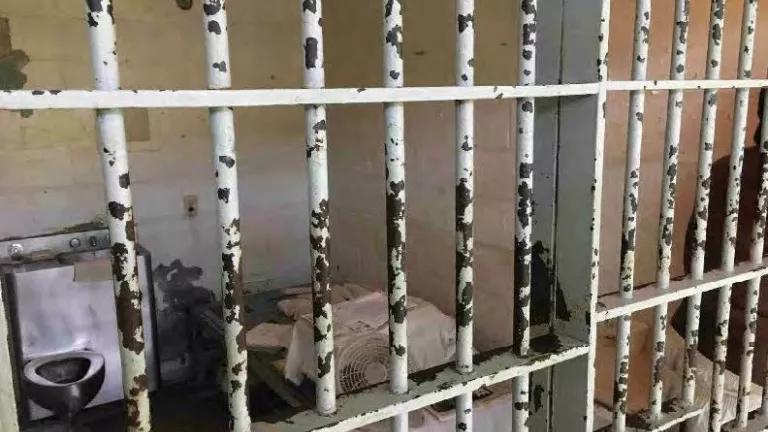Beyond COVID-19: Tackling Water Challenges in Chile & Mexico

This blog was written by Andrea Becerra from the Natural Resources Defense Council (NRDC), Adriana Chávez from the Office of Urban Resilience (ORU) in Mexico and Cristina Huidobro from the Resilient Cities Unit of the Metropolitan Regional Government in Chile.
Millions in Latin America are grappling with COVID-19 without access to clean water to wash their hands and prevent infection, as recommended by the World Health Organization. In Chile, 42.5 percent of the rural population—a total of one million people—does not have reliable or regular access to potable water. In Mexico, almost half of the population does not have safe access to drinking water in their homes to satisfy their basic needs. In extreme cases, such as in the state of Guerrero, only 5.7 percent of the population has daily access to water in their homes.
United Nations experts have warned that global efforts to stop the spread of COVID-19 have little chance of success if personal hygiene, the main measure to prevent contagion, is beyond the reach of the 2.2 billion people worldwide who do not have access to drinking water. According to experts, governments must pay special attention to marginalized groups, which are rarely at the center of public policies related to water and sanitation. In the fight against COVID-19, this message is even more critical.
The effects of climate change pose an added threat to potable water access, limiting scarce resources even further. The urgency to implement solutions that expand access to drinking water and improve the resilience of communities in Latin America has become even clearer in the face of the pandemic. Experts from civil society and the public and private sector will discuss these solutions and innovations in the context of Chile and Mexico in a webinar organized by the NRDC Latin America Project, the Resilience Unit of the Santiago Metropolitan Regional Government, and the Office of Urban Resilience (ORU) in Mexico.
The online seminar seeks to spotlight the current problems in vulnerable areas with little or no access to safe and affordable drinking water, which have been exacerbated by COVID-19. And ultimately, the goal is to analyze the gaps in water management, discuss lessons learned, and assess solutions and implementation mechanisms to address the water challenges we are already facing under climate change. The webinar is divided into three sections that will take place every two weeks: the first session will focus on the role of the public sector, the second on the responsibility of rural and urban drinking water providers, and finally the third session will address solutions and innovations and their implementation to improve resilience and water supply at the local level.
To learn more and register for the first webinar visit: https://bit.ly/2YqTSVJ





